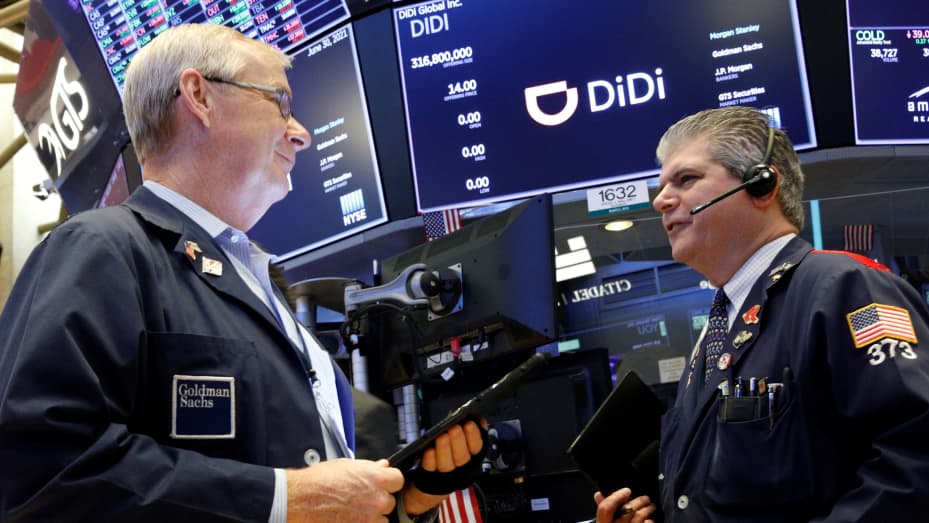
Half a year since the rush of Chinese IPOs to the U.S. dried up, many details remain unknown for companies wanting to pursue such international listings.
Since the fallout over Chinese ride-hailing app Didi’s IPO in late June, authorities have increased their scrutiny of Chinese companies raising billions of dollars in U.S. public markets. A 10-year high of 34 China-based companies listed in the U.S. this year, but only three of the IPOs have occurred since July, according to Renaissance Capital.
Regulators in both countries have issued clarifications this month on what’s needed from Chinese companies to go public in the U.S. While it’s a start, many questions about implementation remain.
Over the Christmas holiday weekend on Wall Street, the China Securities Regulatory Commission released proposed rules for domestic companies if they want to list overseas. The public comment period ends Jan. 23.
The CSRC’s proposed rules said an overseas listing could be stopped if authorities deemed it a threat to national security. Domestic companies need to comply with relevant provisions in the areas of foreign investment, cybersecurity and data security, a draft said, without much elaboration.
“The details of rule enforcement still need further observation, especially the supervisory scope of other related ministry regulators, in addition to the CSRC,” said Winston Ma, adjunct professor of law at New York University and co-author of the book “The Hunt for Unicorns: How Sovereign Funds Are Reshaping Investment in the Digital Economy.”
[“source=cnbc”]
